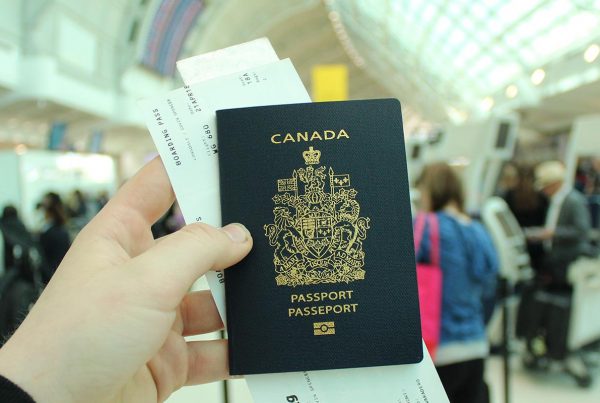TORONTO — Harini Sivalingam, Director of the Equality Program of the Canadian Civil Liberties Association, made the following statement:
Today, in Wright v. Yukon, the Supreme Court of Yukon struck down a provision of the Safer Communities and Neighbourhoods Act (SCAN Act) for infringing Yukon residents’ section 7 Charter rights to security of the person.
This case challenges the constitutionality of the power of the state to instigate evictions under subsection 3(2) of the SCAN Act, under which anonymous complaints can trigger broad law enforcement powers, including state enabled evictions of residents from their homes. The CCLA, an intervenor in the case, argued that SCAN Act evictions are unconstitutional and disproportionately impact vulnerable and marginalized communities, such as Indigenous people.
The CCLA welcomes the Court’s decision that subsection 3(2) of the SCAN Act causes significant psychological stress and anxiety to those who are subjected to evictions under the scheme without sufficient notice or procedural fairness. The Court stated that the SCAN Act interferes with Yukoners’ ability to make personal life choices to ensure a safe home for themselves and their families.
In recognizing that evictions under the SCAN Act can often lead to homelessness, the Court determined that such evictions negatively effected the physical and mental health of those impacted. The Court also ruled that the process of evictions under the Yukon SCAN scheme were procedurally unfair with many glaring deficiencies, including the extremely short notice period of 5 days.
The Court agreed with CCLA’s argument that there are less extreme measures to fulfill the objectives of the SCAN Act that do not require evictions without warning, disclosure, or ability to respond to the eviction.
While we are pleased with the Court’s conclusion on the section 7 violations, the CCLA is disappointed that the Court did not also find an infringement of equality rights under section 15 of the Charter. It is clear that the SCAN Act disproportionately impacts Indigenous people, who are overrepresented in the unhoused population as well as the criminal justice system.
CCLA is grateful to pro bono legal counsel Brent Olthuis, K.C. and Fraser Harland of Olthuis van Ert, for their representation in this case.
Read the Court’s decision here
About the Canadian Civil Liberties Association
The CCLA is an independent, non-profit organization with supporters from across the country. Founded in 1964, the CCLA is a national human rights organization committed to defending the rights, dignity, safety, and freedoms of all people in Canada.
For the Media
For further comments, please contact us at media@ccla.org.





